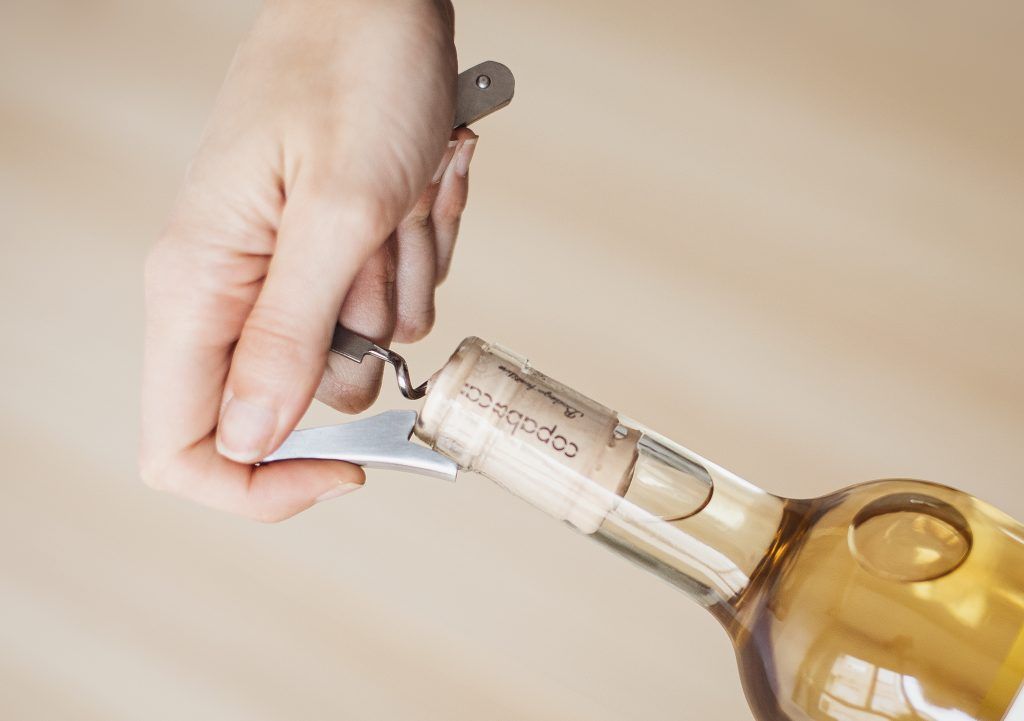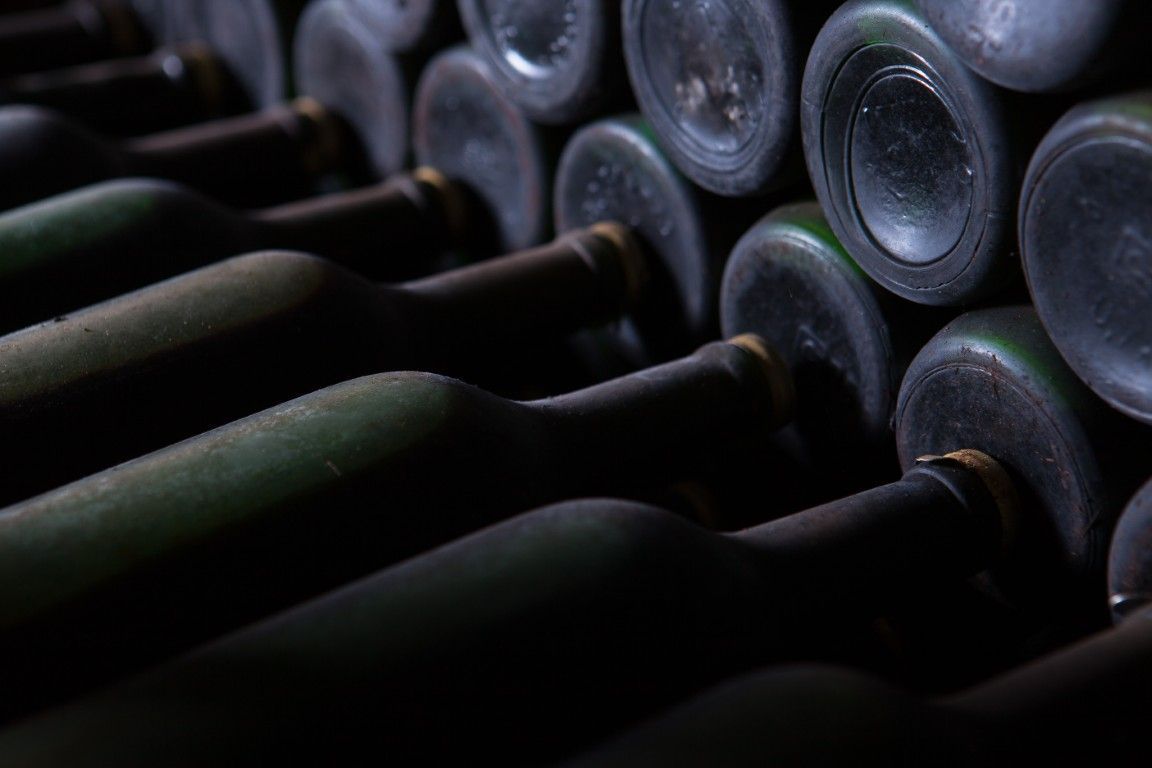The synthetic cork is a modern and sustainable alternative to traditional natural cork. Made from polymers, this innovative material offers a number of exclusive advantages over cork oak. Mainly: greater consistency, durability, and resistance to contamination.
Advances in its manufacturing, which have been implemented in recent years, have given this material a closer resemblance to natural cork, as well as increased durability and improvements in functionality, such as the centering for uncorking or the pouring cap.
Synthetic Cork Stoppers
Also known as synthetic corks for bottles, they are an increasingly used option in the industry of wine, spirits, and cider, but also for other types of non-alcoholic liquids that need to preserve their smell and taste properties intact, such as olive oil and wine or apple vinegar.
These caps, available in various sizes, including the popular 33 mm synthetic cork, provide an effective and lasting seal, ensuring that the bottle’s liquid is preserved in perfect condition for longer.
A particular advantage of this type of product is that they can be purchased in a wide variety of colors and prints, allowing wineries and llagares to fully customize their brands. Undoubtedly, packaging and presentation are key in this sector.
What Synthetic Material Replaces Cork?
There are two main types of polymers used to make synthetic corks:
- Plastics based on petroleum derivatives, such as low-density polyethylene (LDPE) and high-density polyethylene (HDPE), ethylene vinyl acetate (EVA), and ethylene methyl acrylate (EMA). Always controlling their high quality for use in the food industry.
- Plastics based on sustainable materials derived from plants such as sugarcane and corn. Biopolyethylene is a type of plant-based plastic often used in synthetic wine corks. It is made from ethanol obtained from the dehydration process of rawmaterials such as sugarcane and sugar beet.
Natural or Synthetic Cork
In addition to the elimination of the TCA problem (cork taint), the synthetic cork also has other advantages over the natural one in terms of its manufacturing and use in the wine and spirits industry.
The synthetic one is produced with greater ease and speed, its production is more efficient and profitable than the natural. Moreover, synthetic cork is more resistant and durable than natural cork, making it less susceptible to breaking or disintegrating during the bottling and storage process.
Additionally, the polymer-based stopper is easier to recycle and reuse than the cork bark one, therefore, it is a more sustainable option. It is more resistant to moisture and extreme temperatures, and it also helps protect the wine from oxidation and deterioration.
Finally, cork is a limited raw material that depends on availability and the price can rise in times of scarcity.
Types of Synthetic Corks
Depending on the liquid contained in the bottles, the shape and properties of the stopper are adapted to ensure compatibility with the content and guarantee the freshness and quality of the liquid.
Synthetic Cork for Cider
This type of cider stopper is made of a polymeric material that eliminates the risk of TCA, also present in cider. Moreover, it is resistant and sustainable.
There is a special variant that features a pouring function. This type of stopper has a nozzle at the top that helps control the pouring of cider during the pouring process.
Synthetic Cork for Wine
This is ideal for wines that are consumed in a short period of time, such as young wines.
Besides preventing the wine from being contaminated with odors or flavors caused by fungi, bacteria, or small pieces of cork that may come off when uncorking, the cork also provides an excellent airtight seal for the wine bottle. This seal helps keep the wine fresh and protected against oxidation and other factors that can affect its quality and taste.
Synthetic Corks for Bottles
The manufacture of this type of stopper can be adapted for multiple types of bottles and
neck diameters. They are used for any bottle that contains liquids and requires an airtight and efficient closure.
Moreover, they are highly customizable, which allows adapting the design and color to the aesthetics of each brand or client.
Where is Synthetic Cork Recycled?
These stoppers are made of plastics, so they are recycled in the container designated for this material: the yellow one. The practice of reusing plastics is essential to reduce pollution and protect the environment. Therefore, the use of recyclable items is essential to take care of the planet. A synthetic cork is essential for bottling in a respectful and careful way.





